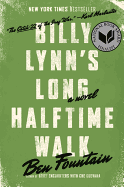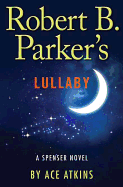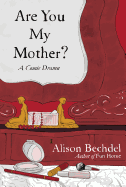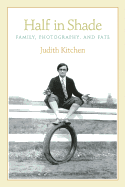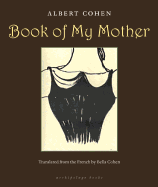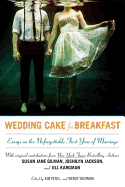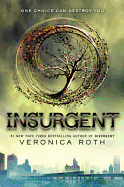 In Billy Lynn's Long Halftime Walk (see our review below), Ben Fountain tells the story of a group of eight young men, Bravo Squad, who have been plucked out of Iraq for a two-week, Pentagon-sponsored "Victory Tour" to pump up the volume on Bush's war. What the tour de-emphasizes--but what is on every soldier's mind--is that in a very short time, they will be back in Iraq. The hoopla will be over, the stadium lights will go out and they will, once again, be trying to stay alive.
In Billy Lynn's Long Halftime Walk (see our review below), Ben Fountain tells the story of a group of eight young men, Bravo Squad, who have been plucked out of Iraq for a two-week, Pentagon-sponsored "Victory Tour" to pump up the volume on Bush's war. What the tour de-emphasizes--but what is on every soldier's mind--is that in a very short time, they will be back in Iraq. The hoopla will be over, the stadium lights will go out and they will, once again, be trying to stay alive.
Ben Fountain is also the author of the story collection Brief Encounters with Che Guevara. He has won many awards, including the Texas Institute of Letters Short Story Award, a Pushcart Prize and two O. Henry Awards. He grew up in North Carolina and lives in Dallas, Tex.
What led you to this theme at this time?
It came to me in 2004 after the election. I won't say when Bush was re-elected because I believe that he was not elected in 2000. He was elected in 2004. I was internalizing so much of what was happening in the external world: politics, power and economics. On that Thanksgiving Day, at a football game in Dallas with family and friends, I noticed a small group of soldiers in camo, lean and tan, on the periphery of the huge artificial production that is a halftime show. What were they doing there?
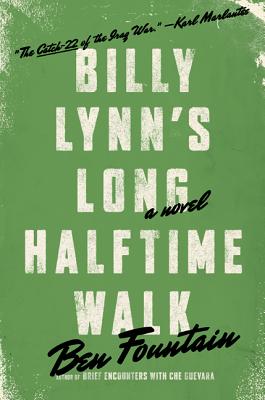 You portray everything in a way that makes the reader believe in the sincerity of all points of view, even though major themes in the novel--politics, Texas football and a Hollywood agent--could lend themselves to cynicism.
You portray everything in a way that makes the reader believe in the sincerity of all points of view, even though major themes in the novel--politics, Texas football and a Hollywood agent--could lend themselves to cynicism.
I started writing from the inside out, following my instincts. Writing by the seat of my pants, so to speak. The politics came from the inside. I wanted to be fair to everyone and tell the story correctly. The football culture is part of the air you breathe in Texas, from pee-wee through high school, college and on to the pros. The scenes in the owner's box provided a perfect contrast to what Bravo Squad was used to. They are just kids with very little experience of the world, trying to figure things out.
Having Billy meet the gorgeous cheerleader, Faison, and actually entertain notions of a future with her after a very short acquaintance, seems perfectly rational in the context you create.
Billy is especially sensitive to what is going on around him, he feels that everything is urgent--especially meeting Faison. Of course, at 19, everything matters. His sister wants him to desert, to just leave the Stadium in a car she has arranged with people who will spirit him away. Billy fantasizes about taking Faison and living in some halcyon place where flowers grow and no one dies. He is unformed but is starting to figure things out. He is uneducated, but he's smart. He full well understands the consequences of deserting--but it is tempting.
You leave no doubt about whom we send to fight this war.
No. Absent conscription, the armed forces are made up of volunteers who perhaps are facing an uncertain future on the outside and of kids sent by a judge as an alternative to jail. That's Billy's story. We pride ourselves on being a classless society when it clearly is not true. Bravo Squad is definitely part of a class very different from the owners and their guests and even from Albert, the agent. All but one of them is under-educated and many of them have come out of domestic chaos. That familial bond that is so necessary to maturation is not there. They have nothing solid to sustain them. The average age of young men serving in the military today is 19. That part is not fiction.
You have your say about the right-wing, Christian, ultra-patriotic, wealthy men and women in the owners' box, but you are never unkind. How did you walk that line?
They are absolutely sincere in everything they say. They espouse Christian values, but they also have responsibilities to stakeholders, shareholders and their families and proudly say: "I am a businessman." There is no perceived contradiction for them here, which is why the Cowboys owner could offer Bravo Squad a movie deal well below what they had been told to expect, after praising their bravery to the skies, entertaining them royally and congratulating them endlessly. It's just business, after all.
How was the transition from your short story collection, Brief Encounters with Che Guevara, to a novel?
A novel is a huge psychological burden. You have so much invested in it and you might not pull it off. After three years, you start to wonder. I have a great editor who was with me all the way. I have two novels in the drawer. I tried to load too much into them; this one I kept simple.
What's next?
I am writing what I want to write in a totally self-indulgent way. Revisiting the Iran-contra situation and U.S. involvement in Central America in a short-ish novel. It starts in Nicaragua and ends in Haiti.
Haiti is a place about which you know a great deal, having been there more than 30 times.
Yes. Haiti just cannot seem to catch a break. Abject poverty, dire dictatorships and then the earthquake. They are a remarkably resilient people. --Valerie Ryan
Brief Encounter with Ben Fountain
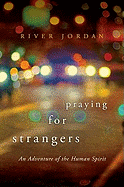 As she carried out her resolution, she found herself becoming more aware of those around her, as she slowed down, attuning herself to the human condition, "looking for another soul passing through [her] little universe." She found that people were surprised, then grateful, for her prayers: "It really is a grand thing to pray for people, to give them an extra tip if you're led to, to pass on a good word of encouragement."
As she carried out her resolution, she found herself becoming more aware of those around her, as she slowed down, attuning herself to the human condition, "looking for another soul passing through [her] little universe." She found that people were surprised, then grateful, for her prayers: "It really is a grand thing to pray for people, to give them an extra tip if you're led to, to pass on a good word of encouragement."


 In Billy Lynn's Long Halftime Walk (see our review below),
In Billy Lynn's Long Halftime Walk (see our review below),  You portray everything in a way that makes the reader believe in the sincerity of all points of view, even though major themes in the novel--politics, Texas football and a Hollywood agent--could lend themselves to cynicism.
You portray everything in a way that makes the reader believe in the sincerity of all points of view, even though major themes in the novel--politics, Texas football and a Hollywood agent--could lend themselves to cynicism.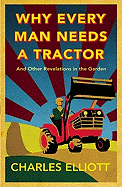 In
In  Family secrets take center stage in the novel
Family secrets take center stage in the novel 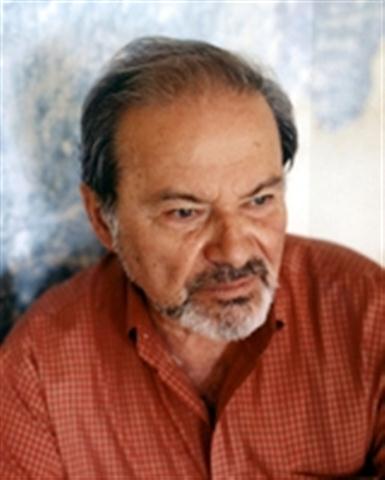 We're sorry to note that Maurice Sendak, one of our favorite children's book authors, died this morning at age 83. His wonderful works included Where the Wild Things Are and In the Night Kitchen. In
We're sorry to note that Maurice Sendak, one of our favorite children's book authors, died this morning at age 83. His wonderful works included Where the Wild Things Are and In the Night Kitchen. In 